15 Facts About Food That Will Blow Your Mind
You know that you should be eating healthy, balanced meals, but sometimes it’s hard to know exactly what that means. In this post, you’ll learn 15 facts about food that will blow your mind, and make it easier to know what foods you should be stocking up on!
Items I recommend:
- 6-quart Rubbermaid Containers
- Buckets with Gamma Lids
- OXO Containers
- FoodSaver with a special jar adaptor for mason jars
- Quart Wide-Mouth Mason Jars
- Lettuce Keepers
- Two-Gallon Buckets and Two-Gallon Gamma Lids
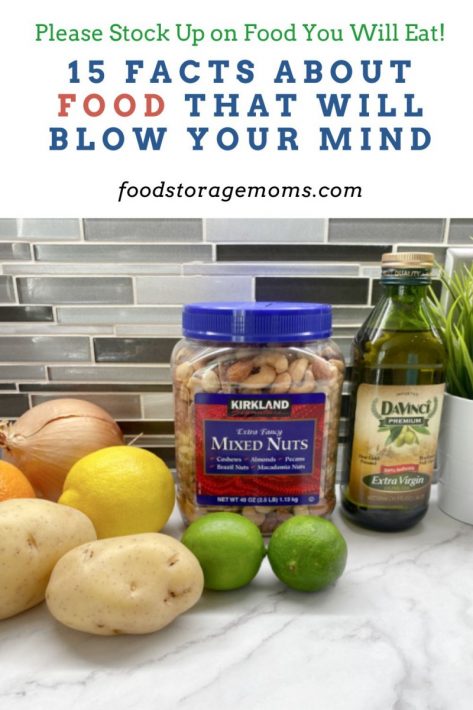
15 Facts About Food
Do you really need to eat six times a day? What are the benefits of protein? Is organic produce worth the extra cost? In this blog post, we’ll answer many of your food-related questions and hopefully give you some helpful ideas. Here are 15 Facts About Food That Will Blow Your Mind!
1. You Need More Protein
You might have heard that you need to eat protein at every meal, but do you really know why? Protein is essential for our bodies in many ways…
- It helps to build and repair tissues, particularly your muscles.
- It provides energy.
- It regulates enzymes and hormones.
- It helps to form new blood cells.
- It can help boost immunity.
Protein can be found in many different foods, including meat, poultry, seafood, beans, legumes, tofu, eggs, and dairy products. Aim to include a source of protein at every meal to help keep your body healthy and strong!
2. Food Needs to be Spaced Out
The old saying goes that you should “eat breakfast like a king, lunch like a prince, and dinner like a pauper.” But what does that really mean?
There’s no need to eat six times a day, but it is important to space your meals out evenly throughout the day. This will help to keep your energy levels up and prevent you from overeating later in the day.
Try to eat every three to four hours, and include a healthy snack or two in between meals.
3. Organic Produce is Better For You
Organic produce is grown without the use of pesticides, herbicides, or other harmful chemicals. While organic foods are generally more expensive than their non-organic counterparts, there are many benefits to eating organic…
- Organic produce is grown without the use of harmful chemicals.
- Organic foods are often more nutrient-dense than non-organic foods.
- Eating organic can help reduce your exposure to toxins and other potentially harmful compounds.
- Organic farming is better for the environment.
If you’re looking to improve your health and reduce your exposure to toxins, aim to include more organic foods in your diet. However, if cost is a concern, don’t worry – any fruits and vegetables are better than none at all!
You should try to include some fruits and/or veggies with each meal. I know, that takes some meal planning, especially if you have a larger family. It is more work, but it really pays off in the long run.
4. Fat is Not Always the Enemy
For years, fat was demonized as the enemy of weight loss. However, we now know that not all fats are created equal. In fact, some fats are essential for our health…
- Fat helps the body to absorb vitamins and minerals.
- It provides energy and helps to regulate body temperature.
- Fat is essential for brain health.
- It helps to keep our skin and hair healthy.
- Fat is a necessary part of any diet when eaten as part of a healthy meal plan!
While it’s important to limit your intake of saturated and trans fats, don’t be afraid to include healthy fats in your diet. Good sources of healthy fats include avocados, nuts, seeds, olive oil, and fish.
5. You Need to Eat Carbs
Carbohydrates have gotten a bad rap in recent years, but they are actually an essential part of a healthy diet too…
- Carbs provide energy.
- They help to regulate blood sugar levels.
- They promote healthy bowel function.
- Carbs are necessary for brain health.
- They help to prevent constipation.
While you should limit your intake of refined carbs like white bread and pasta, complex carbs like whole grains, fruits, and vegetables are an important part of a healthy diet. Aim to include at least one serving of carbs at each meal.
6. People Eat Too Much
Have you ever finished a meal and felt uncomfortably full? That’s because we tend to eat more than we actually need. In fact, most of us consume about 20% more calories than we should each day…
- We eat for pleasure, not just hunger.
- We’re often served larger portions than we need.
- We eat mindlessly, without paying attention to our hunger cues.
- We generally don’t feel satisfied until we’ve eaten too much.
- Our eating habits are often influenced by our friends and family members.
- Remember, you don’t have to eat everything on your plate. Take smaller portions to start out.
If you’re looking to lose weight or improve your eating habits, it’s important to be mindful of how much you’re eating. Pay attention to your hunger cues, and stop eating when you feel satisfied – not stuffed.
7. You Probably Don’t Eat Enough Vegetables
We all know that we should be eating more vegetables, but most of us don’t eat nearly enough…
- Vegetables are packed with nutrients.
- They can help to prevent chronic diseases.
- They’re low in calories and high in fiber, which helps to promote weight loss.
- They’re a good source of vitamins and minerals.
- Vegetables can help to improve your digestion and keep you “regular.”
Make an effort to include more vegetables in your diet, and you’ll be on your way to better health. Try adding them to soups, salads, stir-fries, or simply eating them as a side dish, either cooked or raw.
8. You Aren’t Getting Enough Fiber
Fiber is an important part of a healthy diet, but most of us don’t get nearly enough…
- Fiber helps to keep you regular.
- It promotes healthy bowel function.
- Fiber can help to lower cholesterol levels.
- It helps to prevent constipation.
- Fiber is a good source of nutrients.
Most adults should be getting 25 grams of fiber per day, but most of us only get about 15 grams. To increase your fiber intake, aim to eat more fruits, vegetables, and whole grains. And don’t forget to drink plenty of water – it helps to keep things moving!
9. You Don’t Need to Eat 3 Meals a Day
The traditional three-meal-a-day approach is not necessary for good health. In fact, it’s actually better for most people to eat smaller meals more often…
- It helps to regulate blood sugar levels throughout the day.
- It can help to boost metabolism.
- It helps to promote weight loss.
- It provides sustained energy throughout the day.
- It can help to reduce cravings.
If you’re looking to improve your eating habits, try eating 4-6 smaller meals each day instead of 3 larger ones. And be sure to include a variety of healthy foods at each meal, including proteins, complex carbs, some fiber, and healthy fats.
10. Dark Chocolate is Good For You
Yes, you read that correctly – dark chocolate is actually good for you!
- Dark chocolate is packed with antioxidants.
- It can help to improve brain function.
- It can help to lower blood pressure.
- It can help to reduce the risk of heart disease.
- It’s a good source of fiber.
So go ahead and indulge in a little dark chocolate – your body will thank you for it! Just be sure to choose a brand that has at least 70% cocoa content, and limit your intake to one or two ounces per day. You don’t want to have too much of a good thing.
11. You Don’t Need to Drink 8 Glasses of Water a Day
Despite what you may have heard, you don’t need to drink eight glasses of water a day to stay healthy…this statement may bring on some controversy. I drink a lot of water per day. I’ve heard we need to drink half of our body weight in water in ounces of water. I’m not sure where I heard that, is it a myth? For instance, if you weighed 100 pounds you would need to drink 50 ounces each day.
- The 8-glass rule is a myth.
- You actually get most of the water you need from the food you eat.
- You’ll know you’re drinking enough if you’re not thirsty and your urine is light yellow in color.
- Drinking too much water can actually be dangerous.
- You need to drink more water if you’re exercising or sweating heavily.
- If you’re out in the hot weather you’ll need more water to stay properly hydrated.
- Water is better for you than substitutes like soda, sugary juices, alcohol drinks.
- It is better to drink a little more than you need than not enough.
- If you get sick and lose water through vomiting or diarrhea, but sure to drink more more to stay hydrated.
So how much water should you be drinking? The answer is different for everyone, but a good rule of thumb is to drink when you’re thirsty and let your thirst be your guide.
12. Coffee is Good For You
Coffee has gotten a bad rap in the past, but the truth is that it’s actually good for you…
- Coffee is packed with antioxidants.
- It can help to improve brain function.
- It can help to lower the risk of cancer.
- It can help to improve physical performance.
- It’s a good source of fiber.
- Like with other foods, be careful of the quantity.
So go ahead and enjoy that cup of coffee – it’s doing your body good! Just be sure to limit your intake to no more than four cups per day.
13. Apples Give You More Energy Than Coffee
If you’re looking for a natural energy boost, reach for an apple instead of a cup of coffee…
- Apples are a good source of natural sugar.
- They’re packed with vitamins and minerals.
- They contain fiber, which helps to regulate blood sugar levels and promptes good digestion.
- They’re a good source of antioxidants.
- They’re low in calories.
So next time you need an energy boost, skip the coffee and reach for an apple instead. Your body will thank you for it!
14. Honey Can Last Forever
Honey is one of the oldest foods known to man, and it’s also one of the most shelf-stable…
- Honey never goes bad. In fact, if stored properly, it can last for 300 years.
- It can be used as a natural antibiotic.
- It can help to relieve allergies.
- It has anti-inflammatory properties.
- It’s a good source of antioxidants.
- It can be a good sugar substitute in recipes.
So go ahead and stock up on honey – it’s a food that will literally last forever! Just store it in smaller glass containers in case it crystallizes so you can work with it. I take my crystallized jars out and set them in the sunshine to help them liquify.
15. You Should Eat More Beans
Beans are often thought of as a side dish, but the truth is that they’re actually packed with nutrients and deserve a spot at the center of your plate…
- Beans are a good source of protein.
- They’re high in fiber.
- They’re low in calories.
- They contain antioxidants.
- They can help to regulate blood sugar levels.
So make sure to include beans in your diet – they’re good for your health and your waistline!
More Healthy Food Tips
- 10 Healthy Foods Under $1
- Superfoods You Should Stock
- Honey is one of the Most Healthy Foods Around
- 11 Healthy Emergency Foods You Need
Final Word
These 15 facts about food will blow your mind – and might even change the way you eat! Be sure to include a variety of healthy foods in your diet, and don’t be afraid to indulge in the occasional treat. Your body and mind will thank you for it! May God Bless this world, Linda

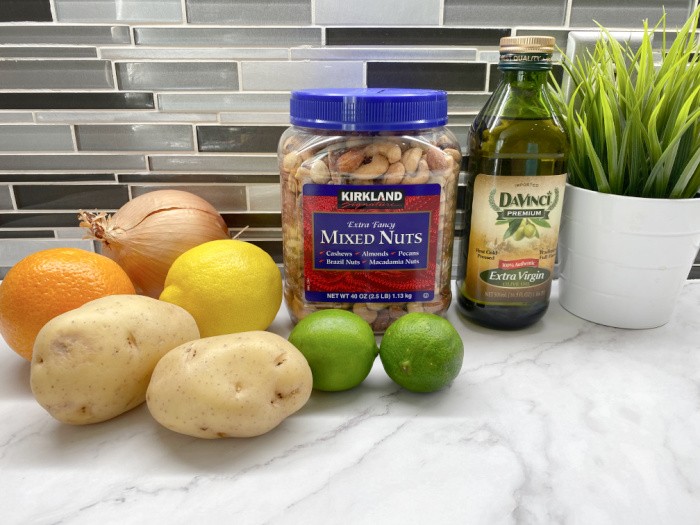

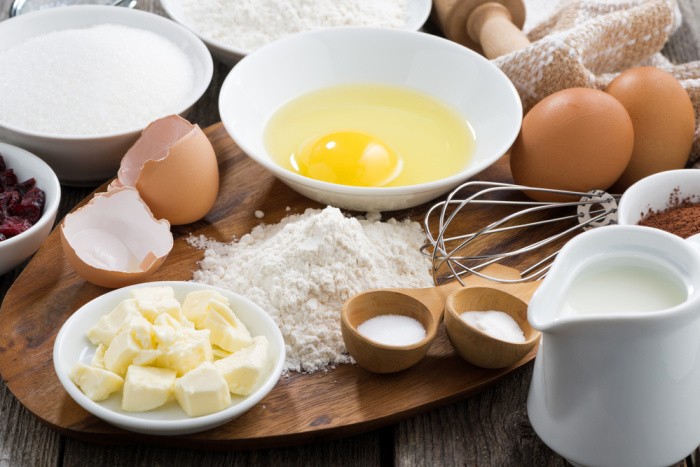
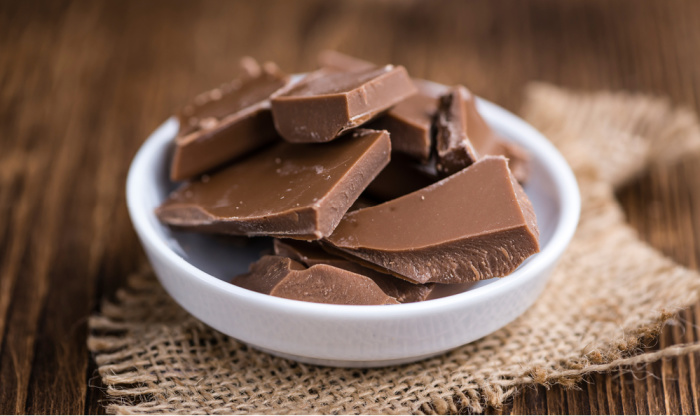
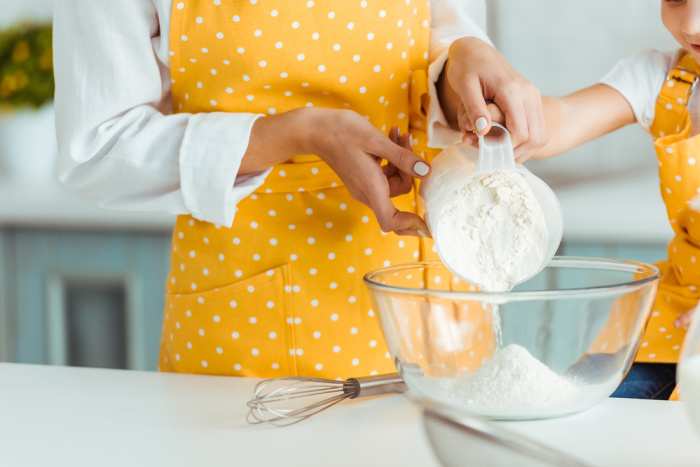
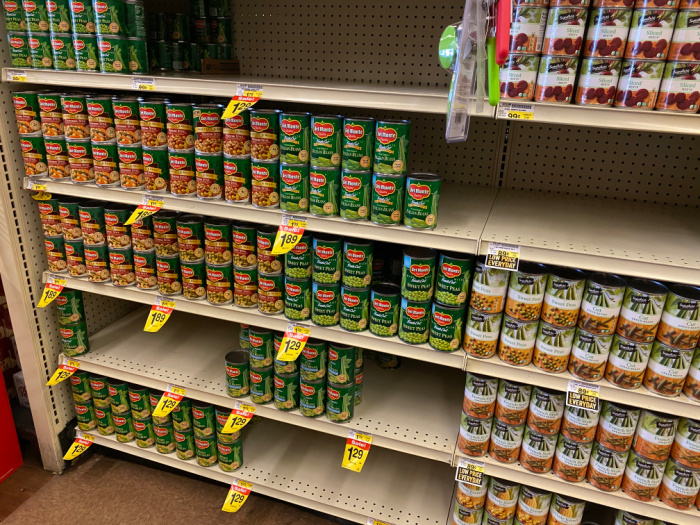
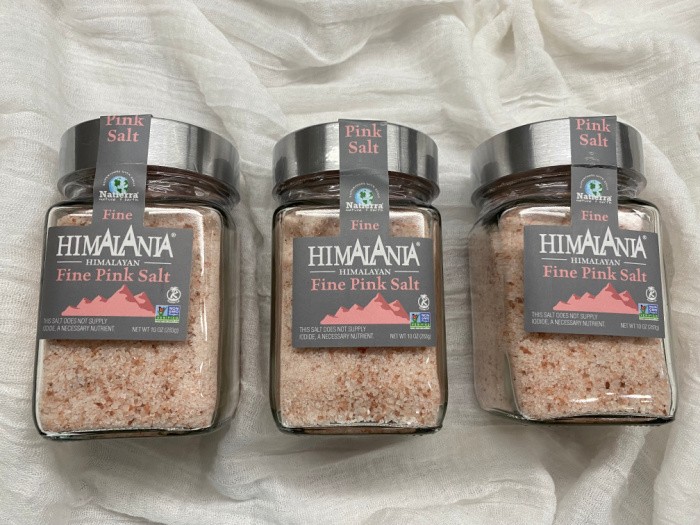
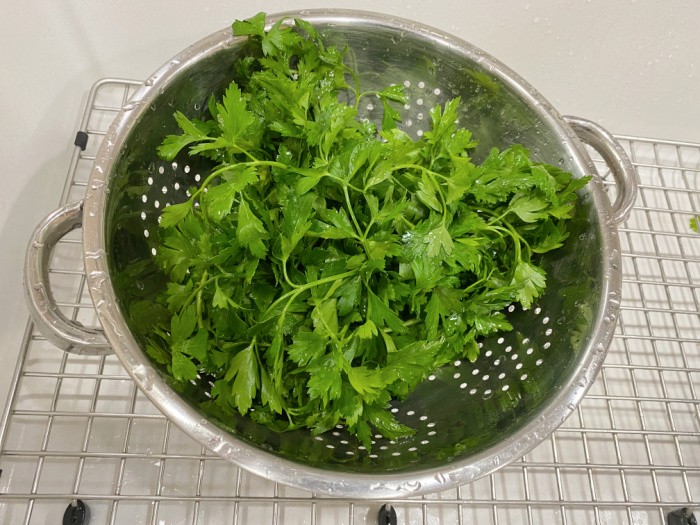
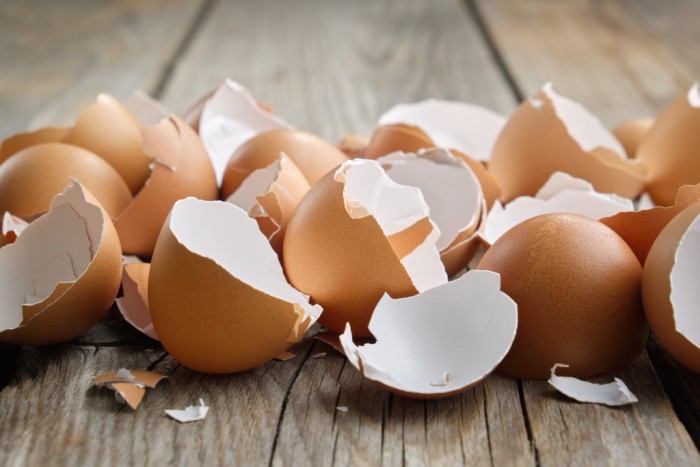
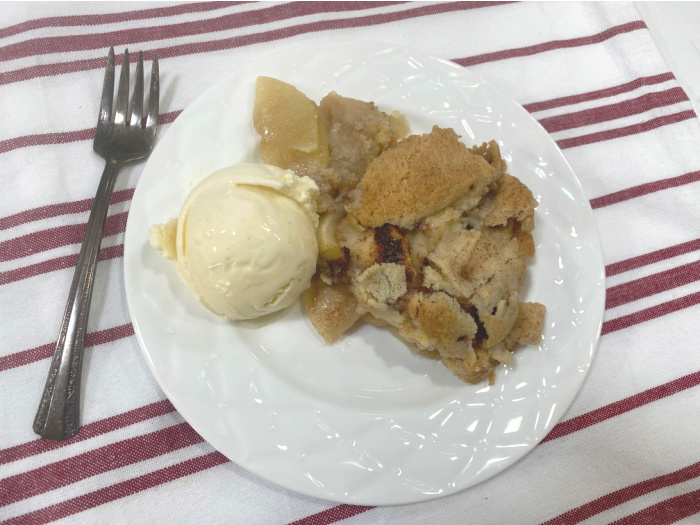
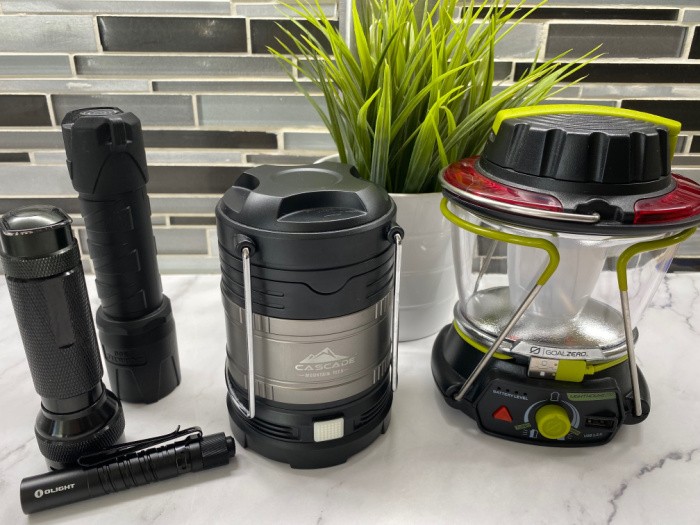
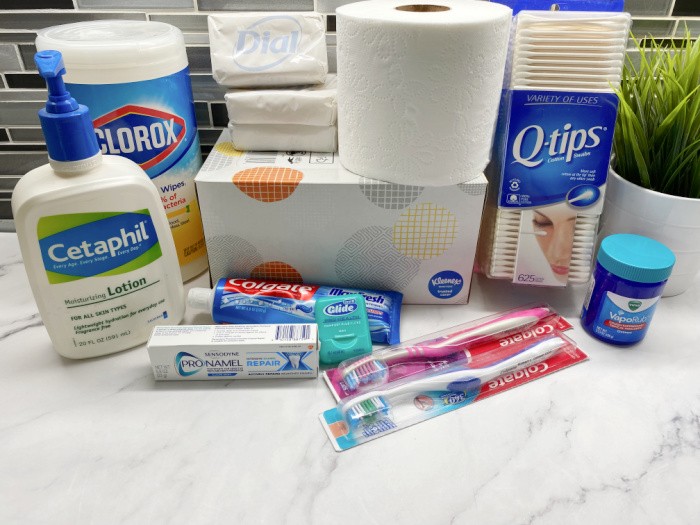
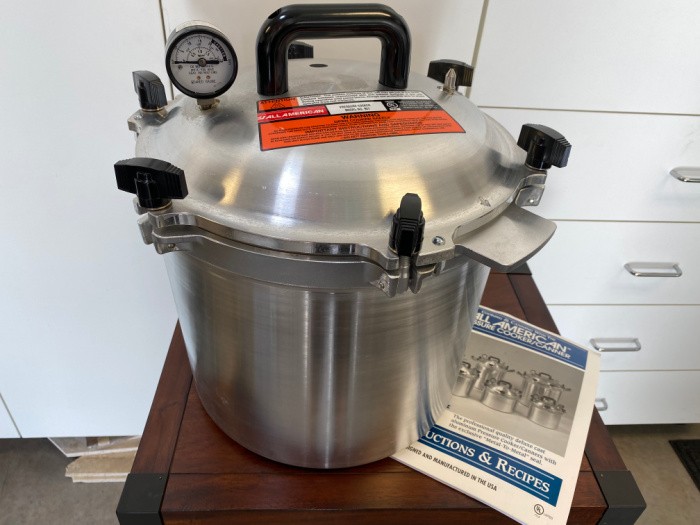
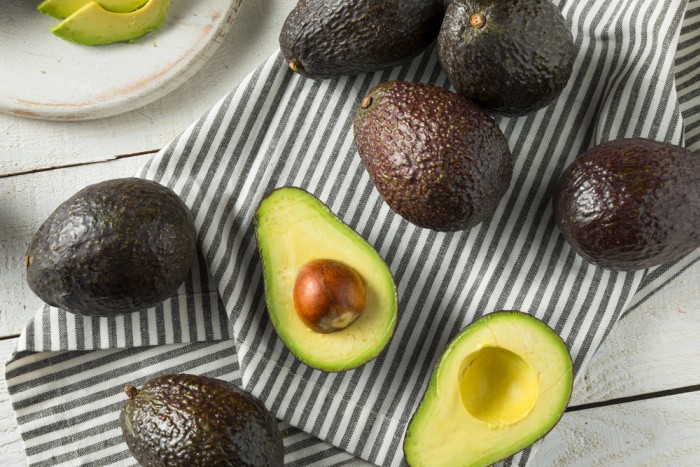
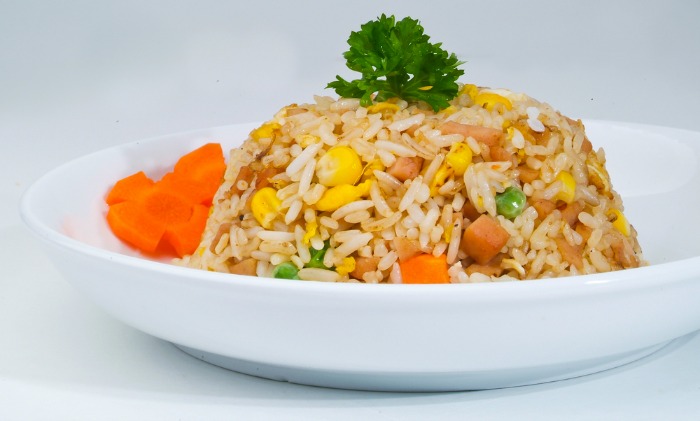
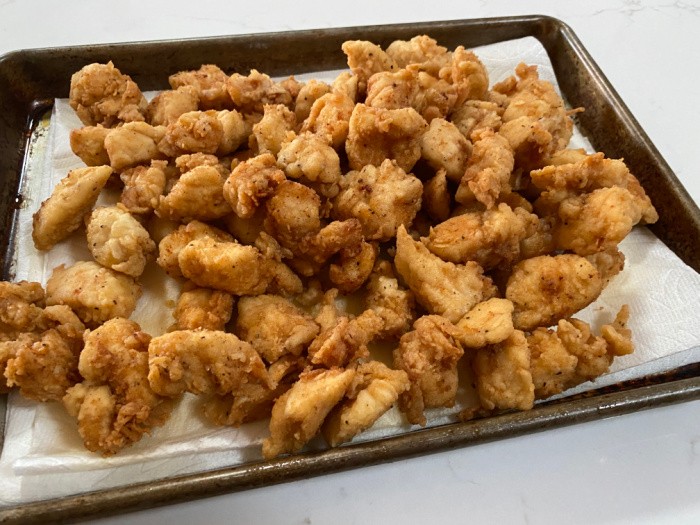
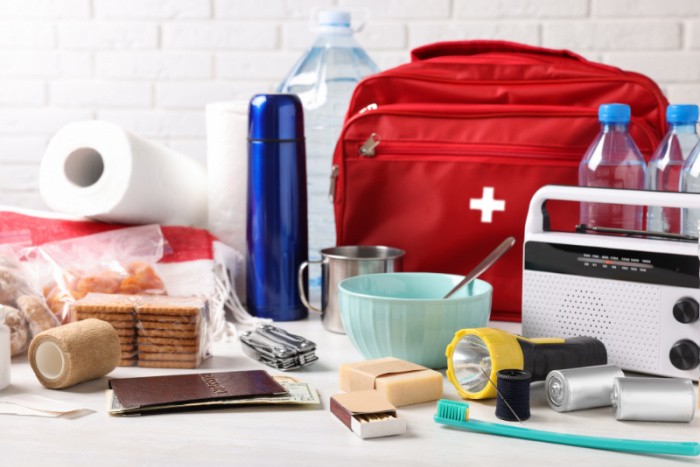
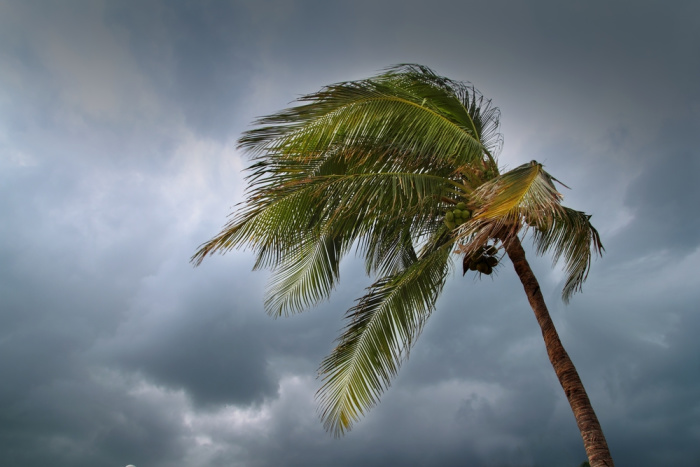
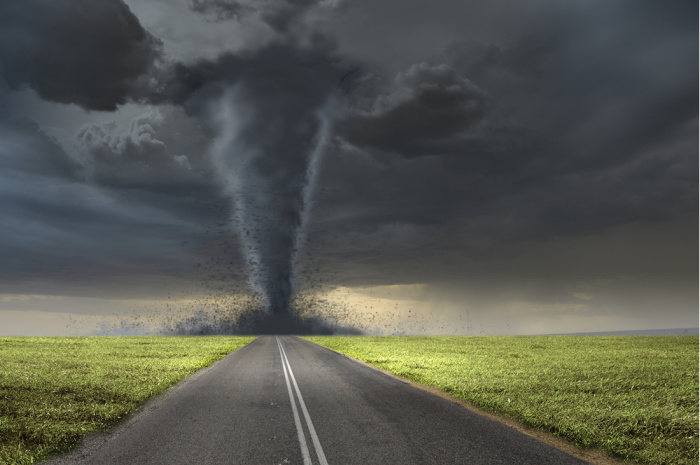


Great info, as usual! Glad to read #12!! Love my coffee! Down to 26 cans, going on a “stock up” run this morning. Have to travel 40 miles to our nearest Sam’s and other big grocery stores so timing it with husband’s doctor appointment. Hopefully we won’t be disappointed!
Gas here (rural central Maine) is now $5.00 or more.
Hi Beth, thank you my friend for your kind words! You have 26 cans, oh my gosh, I love hearing this! Wow, isn’t it funny how we think more about how far we are driving with the cost of gas now? I mean we always have tried to go to more than one place when driving somewhere but with gas prices rising, it is even more important. Gas here has hit $5.00 in Utah as well. Hopefully, they will have what you need at Sam’s. Linda
Beans, beans. The magical fruit. The more you eat, the more you …
HI Karl, now I have the giggles, you are so right! I store a lot of beans and rice and lots of salsa! Linda
Beans are only good if you can digest them. Differing amounts of digestive enzymes are required for different beans/ legumes. So far my tolerance is for black beans in 1/3 size portions- even with Beano / and different de- gassing techniques.2 Intestinal torsions have made me very aware of my limitations.ANYONE with gastric surgery hx. should be also. An intestinal twist is very painful and would be deadly without lo intermittent suction to relieve the pressure and meds such as protonix or prevacid. I usually use at least 2 methods.
Fresh/Frozen sweet peas and string beans are… no nuts, soy or lentils.
Most carb’d veggies are fairly moderate in fiber… especially if consumed raw. Turnips and sweetpotatoes , peeled,cold and sliced are good for man and animal.. rabbits love them.
My Carb limit of my prescribed limit is 20-50grms. max.. DAILY.( carbs have 9 grams per ounce. My Protein is 90- 120 grams protein., with most meats averaging 7 grams per oz. I generally use one serv of carb in w/ heavy protein, one half / 2 proteins for a snack. one carb for night meal. Fats are not prescribed, but light. This has controlled my prediabetes for just over 40 years. People who have high insulin resistant STORE carbs.. there are online sources to reduce food intake healthily and the amount of groceries ones consumes daily.. One of those is intermittent fasting. If one is on meds for diabetes, would need to adjust diet and meds concurrently. .. and over time. If meds become limited/unavailable knowing this for our loved ones and ourselves could be life saving. If you are diabetic, plug into u tube site Overcoming diabetes… lots of info is there…to help even type ones reduce dependence on meds.
also…My diet.. Fluids are consumed away from meals by 30-45 min each side. this avoids stretching of stomach.
Coffee…info has been out for months every producing area has had challenges.. frosts, hailstorms, tree damage,. if u use it stack as deep as possible
Hi Denise, wow, I’m sorry you have to limit the kind of beans you can eat. Darn! My family can eat all kinds of beans, pinto is our favorite. We love black beans too! Linda
Denise, I am amazed at your knowledge about your bodys needs. My body is a mess. I spend too many years at the bottom of my own to-do list, too many miscarriages and too many doctors who couldn’t find answers to my messed up metabolism. To many different prescriptions that didn’t work. I do my best.
Chris,
I was diagnosed at 20 with relative hypoglycemia.( what is now called pre-diabetes) The D.O. that handed me the diagnosis..Did her Very Best to scare the manarky out of me. IT Worked!Her name was Dr Duke, her hubs was also a Dr of Osteopathy, Dr.K.
Her words were…You get your blood sugar under control NOW, or in 5 years you will be an insulin dependent diabetic.
I am scared of needles.. She explained I needed to find exactly what amounts of the foods I eat, I MUST find what I react to and what amounts my body will tolerate.She told me there was “no magic pill I could take to make it go away”.( over time i found Bitter melon taken daily for 2 months then intermittently works.)
I learned to measure everything- and to estimate amounts of every food accurately.. For a whole week i wrote down every food i ate and checked my blood sugar every 15-30 minutes.my sugar as so unstable had to eat every hour part of the time. My tolerance for carbs- one ADA serving per meal. If i had sweet peas, could have nothing else but meat., lettuce, greens, string beans., tomatoes.Years later i had mineral drops and no can not chew well. no longer can eat even nut butters.
Along the way i had extensive gastric resection, have 1/11th of stomach, guts re routed and shortened. a bunch of other things were done.. fibroids, pcos-cysts, + more…and my prescribed diet is result of that surgery.
43 Years later i am not on any meds, take a few herbals occas. Bitter melon for pancreatic function, hormonal normalacy.. Rabbit tobacco tea for gastritis and IBS symptoms…Moringa, willow bark for systemic lyme arthrtis, Oil of Oregano for Lyme.. selenium, sea kelp and copper a multivitamin. and eat liver 3-4 x a week.
When i saw Dr in office that day- With a blood sugar of 19- My skin as warm and dry i had no outward symptoms of low blood sugar and i was sent home before bloodwork was completed.( My Aunt was her nurse, and it was a busy day. she verified the results, ran it twice they were calling before i could get the miles home.)was before cell phones!.I got about 3 miles and got hungry, stopped and got something to eat, crakers / peanut butter. The test was a 2 hr. Post paradial.. Where one eats a heavy carb load and 2 hours later a blood draw is done to check sugar. ( after an hour fast,I had eaten what always made me sick 3 pcs of homemade fudge!) I saw her for results the next day… and that is when she gave me my instructions.BLESS HER!
should read after an eight hour fast… the number did not print- old keyboard.
Denise, you were blessed with a great doctor. I’m so glad for you. Stay safe
Protein also helps slow carbohydrate absorption so it can help reduce blood sugar spikes (and the inevitable crashes.)
Water intake can be complicated by age, the older we are the more likely we are to not feel thirsty until after we’re already dehydrated somewhat. Urine color is a good indicator, but thirst is a shaky foundation. And yes, too much water without balancing electrolytes can lead to low sodium levels with disastrous results. The term to search for is Hyponatremia. It’s most common in marathons where people hydrate with just water rather than sport drinks, but anyone working outdoors and sweating that only drink water is at risk.
Great info you are sharing. Thanks for keeping folks informed!
HI DMWalsh, I’m glad you brought up water intake becomes because I have seen some elderly people with what I call “cotton mouth”. I try to encourage them to drink water a bit more. Most cannot remember the last drink of water they sipped or consumed. Electrolytes are so critical, thank you for the reminder. I am going to Google Hyponatremia, thank you! Linda
While you are “googling” check for “DIY rehydration drink” , depending on the person and needs .. simple dehydration requires “No salt” a potassium salt and table salt. The total amount in standard recipes should be halved between the two kinds of salt.. the amount depends on the volume being made.
One qt water usually calls for a a tablespoon of sugar/honey and a teaspoon of salt( total). Salt and honey should be melted in sm amt of warm water then. .added to larger container. If muscle cramps- I add magnesium, I take a dose- according to container- of my gel caps and squeeze them into one serving of rehydration formula for quicker absorption. Even tho , am not diabetic my blood sugar is unstable.This causes heavier excretion of key minerals( for muscle and heart function) and is why people die from heat exhaustion..Any extra exertion with heavy sweating or lack of sweating in heat is indication of immediate cool down and rehydration.. Milk of Magnesia in less than a tablespoon dose can be used for mineral replacement.. Foods high in potassium include tomatoes and potatoes.- a half serving of no salt can give enough replacement value for those prone to dehydration to hep keep them balanced.
There are many things that can make people prone to dehydration and mineral imbalances. ..including IBS, gastritis,lactose intolerance- (consumption milk w/o enzymes) diarrhea,diabetes,+ prediabetes.
Hi Denise, good idea, my daughter has to keep up on electrolyte drinks to stay healthy. Linda
I’m reading this from Canada and I know that under your foods for a dollar section I wouldn’t be able to purchase them here for that price . Recently the Dollarama store has announced that it will be now going to a five dollar price point . Inflation has certainly been an issue globally .
Also the containers seem to be continually out of stock on Amazon .
Please don’t think I am being negative as I’m enjoying a lot of your articles.
I also read that there will be a severe shortage of citrus fruit and was surprised to find out that lemons and oranges can be frozen . Maybe an article on this would be useful .
Thanks from June in Nova Scotia
Hi June, wow, that’s crazy to go from a dollar to five dollars, yikes! I’m so sorry to hear this. As far as Amazon links, the items were available when I put them in. Thank you for letting me they were sold out. I replaced them with new links. I think people are buying what they can NOW because it won’t be available tomorrow, possibly. Linda
June, the citrus can be dehydrated and canned w/pressure canner.
Hi Denise, oranges, and grapefruit can be water bathed in a canner. They do not need to be pressured canned. Just FYI, Linda
Thanks Linda, I suspected as much because of acid content.. i don’t have them here- except imported… so never tried them… was putting out that options are the name of the game.. later dh
Hi Denise, the only reason I know, is because my book reminded me. We water-bathed them in my Master Canning class. Linda
I will have to disagree on your statement that “Organic produce is grown without the use of harmful chemicals.”
Organic produce is grown without the use of “Synthetic” chemicals. There are plenty of organic chemicals that can be harmful. Some references: agdaily.com/technology/the-list-of-pesticides-approved-for-organic-production/, organic.lovetoknow.com/Permitted_Chemicals_List_for_Organic_Farming, rodaleinstitute.org/blog/wait-organic-farmers-use-pesticides/
Hi Cindy, thank you for your insight. Linda
Those that have a flower pot and a daylight bulb can grow something healthy… salad mix, radishes. and sprout organic grains for fresh veggies- under the sink or in a dark cabinet. learn ow. we ill need every trick to stretch our food sources. B vitamins are really high in sprouts, provides fiber…
Hi Denise, we really do need to be creative in growing our food, thank you! Linda
The one thing I learned from my daughter in laws mother, was to keep a bar of soap at the foot of our bed, under the fitted sheet. It been about 12 years now, and I have had any of those painful leg cramps. I know it sounds crazy, but it works!!
Hi Chris, wow, I hadn’t heard that one! I love stuff like this! I listen to my body and heal my own body. I was lucky enough to have a “prepper” doctor for many years. I would go once a year to see him. I never go to the doctor except for one day a year. It’s sad he has dementia now. I have to find a new doctor in a new city. I will find one that fits my needs I hope. I’m so glad you don’t have leg cramps anymore. Linda
Should have read….. haven’t had……darn autocorrect